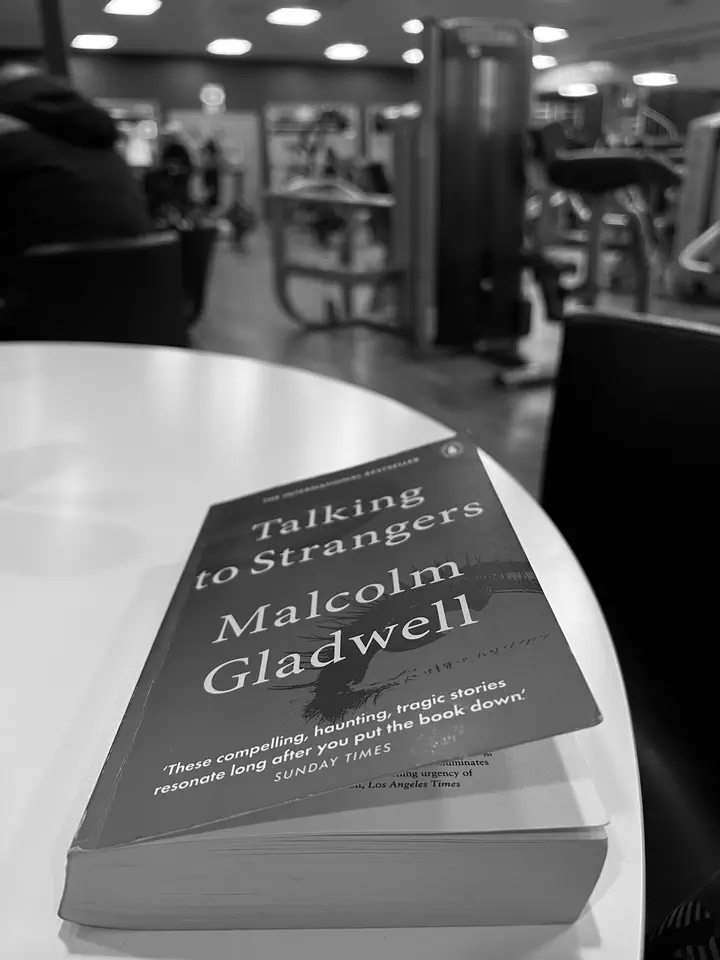Talking to Strangers
What We Should Know about the People We Don’t Know

Malcolm Gladwell is a journalist, author, and public speaker. An author of five New York Times bestsellers. He is the president and co-founder of Pushkin Industries. He has been named one of the 100 most influential people by TIME magazine. I consider him one of the best nonfiction writers and storytellers in the world.
The audiobook was just amazing. It is very well produced, including music, voice actors, and excerpts from real interviews and videotapes.
The book begins and ends with the story of Sandra Bland, a young black woman who was pulled over for a minor traffic violation in rural Texas. Three days later, she committed suicide in her cell after being arrested and jailed.
It is human nature to seek simple solutions to complex problems. It is important to remember that the world is not black and white. It may or may not be true to claim that the officer was racist. Is the author successful in explaining the Sandra Bland tragedy? The answer is no, and I do not believe that’s what he was trying to accomplish. His conclusion is that the truth:
…is not some hard and shiny object that can be extracted if only we dig deep enough and look hard enough. The thing we want to learn about a stranger is fragile. If we tread carelessly, it will crumple under our feet. And from that follows a second cautionary note: we need to accept that the search to understand a stranger has real limits. We will never know the whole truth. We have to be satisfied with something short of that. The right way to talk to strangers is with caution and humility.
My opinion is that it’s a worthwhile book, regardless of all its critics.